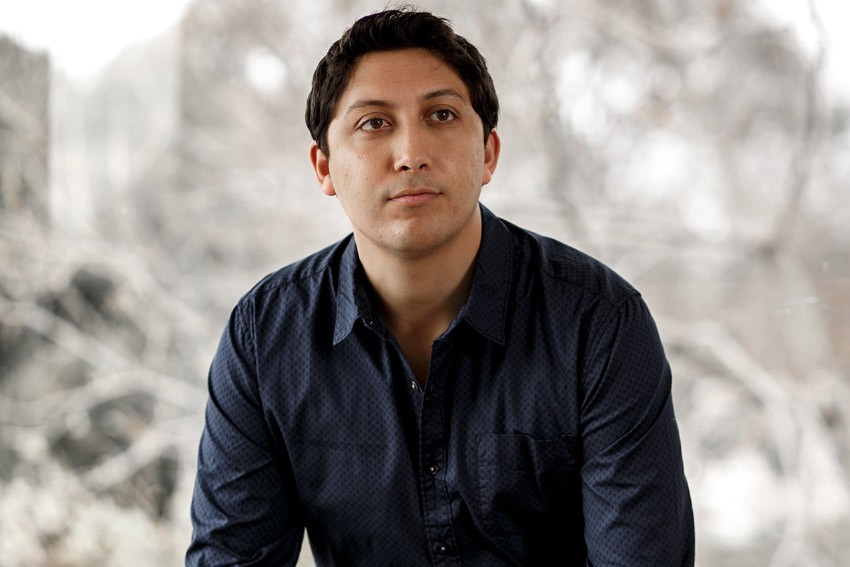Ethical saving

When we put money into our bank accounts and our superannuation funds, we think we’re acting responsibly – saving that money for a rainy day or for our retirement.
When we put money into our bank accounts and our superannuation funds, we think we’re acting responsibly – saving that money for a rainy day or for our retirement. Many banks and superannuation funds don’t want you to think too deeply about where they’re investing your money. But the reality is that right now, much of Australia’s superannuation and savings are funding an unprecedented expansion of the fossil fuel industry here and around the world. It’s the plain and simple truth: most of us are inadvertently funding the climate crisis. It’s ironic – the very savings that are meant to provide for our futures, could be harming our future. Scientists have repeatedly told us that two degrees of warming is the absolute maximum increase in temperature our planet can sustain before our climate passes dangerous tipping points. The Earth has already experienced a global average temperature rise of one degree Celsius since the industrial revolution – and already we’ve increased extreme weather events like droughts, fires, floods and storms. We are already experiencing the effects of climate change, and to continue on a business as usual path would be irresponsible in the extreme. The numbers are straightforward: to stay below two degrees, we have a maximum carbon budget of 565 Gigatons. Currently, the fossil fuel industry holds 2765 Gigatons in reserve – almost five times the safe amount. This means that 80 percent of the fossil fuel assets on the ledgers of fossil fuel companies cannot be burned if we are to have any hope of staying below the two-degree target. So what does all this mean for our investments, our superannuation and our bank accounts? Some experts are already predicting future volatility in Australia’s coal prices, driven by the rapid growth of renewable energy worldwide combined with possible reductions in Chinese demand. Fossil fuels are becoming increasingly risky – not just from a climate change perspective. HSBC has warned companies such as BP and Shell that they could lose up to 60 percent of their value if they don’t change the way they do things. Investment analysts are encouraging fossil fuel asset owners to re-evaluate the economic viability of coal projects that are on the books. This increases the risk that investments in coal and other fossil fuels could become what the industry calls “stranded assets” – assets that no longer have the same value they once had. To protect our planet and to manage their own financial risks, many people are making the choice to divest from unethical investments. Already, thousands of Australians are joining the divestment movement – switching their superannuation, banking and energy products so that their money is part of the solution, not the problem. Even World Bank President, Jim Yong Kim, has publicly backed divestment. While each of our investments alone may not add up to much, together we have the power to disrupt the status quo. We can harness our power as consumers to drive investment in clean energy, make sure our money is invested responsibly and send a message to the big end of town that they must take climate risks seriously when they’re managing our money. After all, it’s our future at stake. Simon Sheikh is a former National Director of GetUp! and Founder of fossilfree.com.au, where you can sign up to switch your savings and investments to match your values. Skeikh is one of WOMADelaide’s Planet Talk speakers. WOMADelaide runs from Friday, March 7 to Monday, March 10. womadelaide.com.au